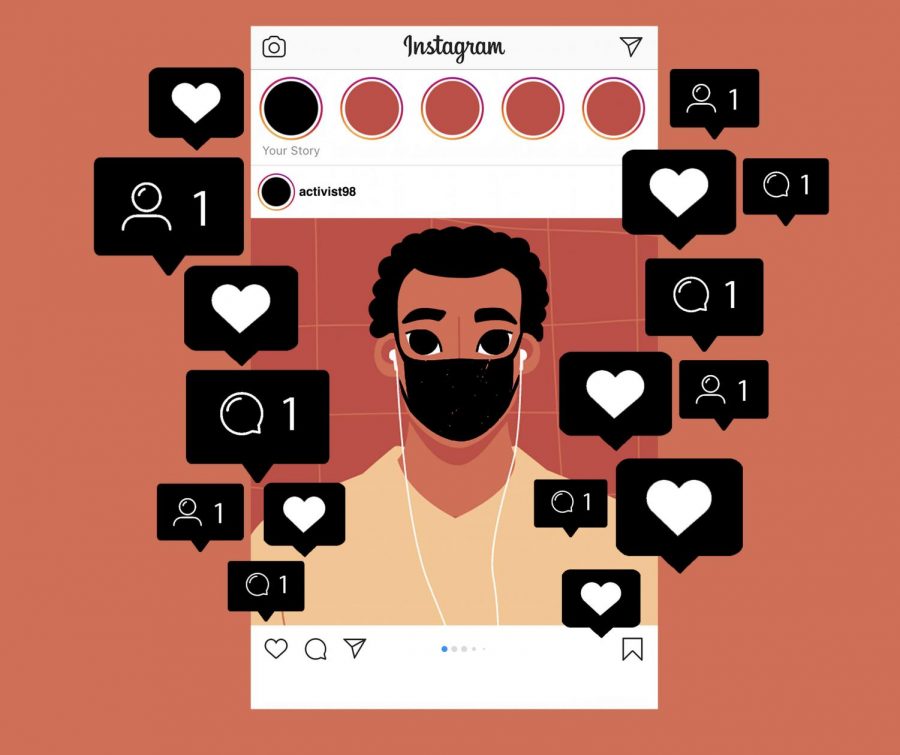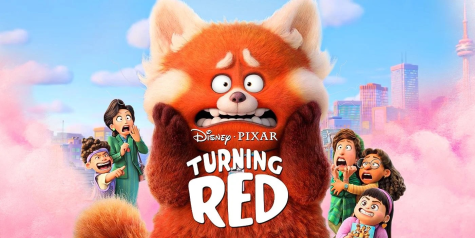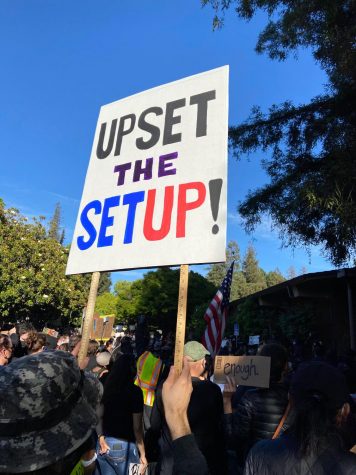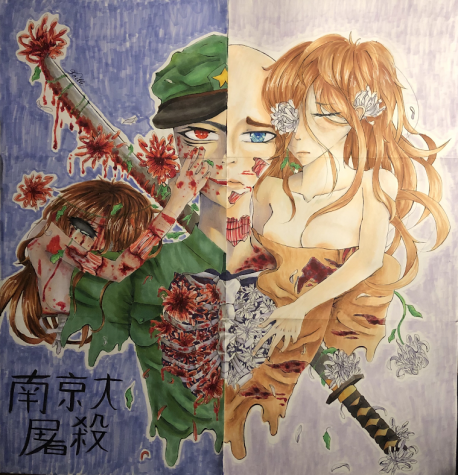BLM: Black Lives Matter is not a trend
Since the beginning of the year, social media has seen a dramatic increase in educational posts spreading awareness about social injustice, namely the Black Lives Matter (BLM) movement. Social media is usually used as a platform for posting photos to let friends and followers know what you are up to, and was not widely used to fight injustice before. But now it is a common tool for informing people and spreading awareness about racism, sexism, transphobia and other social justice or global issues. Even though platforms such as Instagram have educated most teens about social injustice and other problems in the world than school ever did, there is a substantial amount of posts that are not thought through well and can do more harm than good.
Performative activism is supporting something, not because of strong feelings toward the cause, but for the purpose of “following a trend”, or to gain credit for it. Many examples can be found in the BLM movement on social media, as companies that expressed their sorrow for George Floyd, Breonna Taylor and other people who deserve justice, while simultaneously trying to gain buyers and advertise their products. Another big problem has been people treating BLM as a trend or an aesthetic. It can be in the form of going to a protest only to take pictures there, by putting “black lives matter” in their Instagram bio but not going to protests and signing petitions but not doing proper research on the topic or anything else to support BLM.
It is important to filter through what is helpful to post and what is not. Story tagging chains are not useful, and neither is posting videos of assault which can be triggering to some people. Earlier this year in June, people posted black squares to their feed with the hashtag BlackOutTuesday, in solidarity with the BLM movement. While most people who posted these had good intentions, it still does not make the black squares useful, and it also clogged up and blocked the helpful information that kept people updated and protesters safe.
Being an ally is not about wearing BLM merchandise, or saying that you are an ally just so you don’t get labeled as a racist. It goes further than that. Being an ally means that you will take on their struggles as your own and stand up for them, not to get clout or to be “trendy”. That means getting involved, whether this means going to protests, signing and starting petitions, donating to social justice organizations or speaking up even when it is not a “trend”. Using your voice to fight oppression might seem complicated, and it is, but being a true ally will help unify and empower our community.












